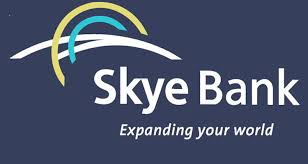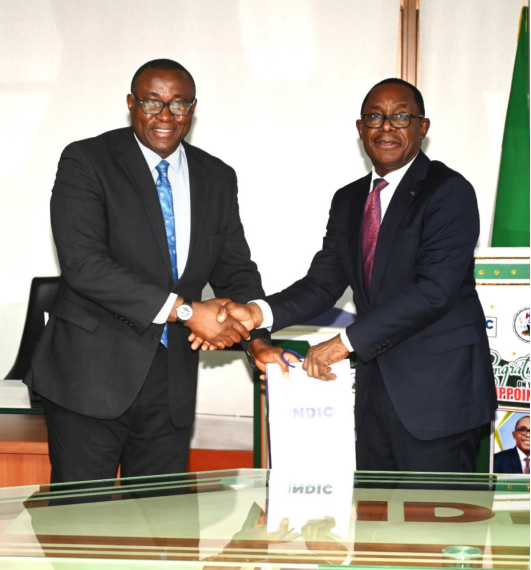
It was good news for weather-beaten but hopeful shareholders of Skye Bank Plc, following a statement by management on Tuesday that the Central Bank of Nigeria (CBN) has extended its sovereign guarantees for another year.
That is not all, the bank announced recovery of N60bn bad loans, even as it had reached restructuring agreements with many of the chronic bad debtors resulting in improved payments and prospects of future recoveries, it said in a statement.
This is just as the recapitalisation proposal for the bank, whose shares price traded at par value on the Nigerian Stock Exchange (NSE), following events that necessitated last year’s sacking of its board and top management, is being considered.
Due to the undecapitalisation uncovered by the apex bank, the CBN having appointed a new board and management led by Alhaji Muhammad Ahmad, maiden executive chairman of the National Pension Commission (Pencom) and Tokunbo Abiru, past Finance Commissioner in Lagos State as chairman and managing director respectively, besides shoring up Skye Bank’s capital with a N100bn lifeblood.
The CBN’s decision to rescue Skye arose from its being designated one of Nigeria’s systemically important banks due to the size of its total deposits, after it acquired Mainstreet Bank and needed to increase its capital adequacy ratio to 16%, the industry average.
As a way of ensuring a quick recovery, the bank said it has had to close some branches and sell four subsidiaries to boost capital in the past year.
Skye’s problems is believed to have started after it used short-term funds to buy rival Mainstreet Bank, formerly Afribank Nigeria Plc, one of the country’s big four bank brands of old in 2014, a purchase it never raised fresh capital for. It was in talks with shareholders and investors last year to raise N30bn but suspended the plans because of weak oil prices hit capital markets and drove foreign investors away.
“The bank continues to require assistance from central bank and government as it repairs the damage inflicted on the institution in the past and charts a sustainable path forward for the bank,” the statement noted.
The bank, which posted a pre-tax loss in 2015, said it had submitted its 2016 accounts for approval. According to the 2015 result, earnings rose to N163.88bn from N136.74bn, but borrowing cost climbed 73%, while impairment charge ballooned by 45% as net loss stood at N40.73bn from a profit of N18.72bn in 2014, translating to loss per share of N2.93 from 2014 earnings of N1.42.
The bank said it has appointed advisers to guide it on a recapitalisation process and that it has identified various options with proposals being considered by the central bank.
When the CBN intervened in the bank, Skye Bank reportedly had a toxic loan book of N700bn due mainly to its exposure to the oil and gas sector amidst the falling price of crude and recession in the economy.
Explaining the events leading to the regulatory intervention, Godwin Emefiele, CBN Governor noted the liquidity strain in Skye Bank, following which it became a permanent visitor to the CBN discount window in search of lifeblood- operational cash, even as he insisted the banks is not distressed. The intervention, he said, was a proactive move arising from the bank’s weak liquidity situation, huge non-performing loans book and to prevent erosion of customer deposits.
Announcing the sacking of Timothy Oguntayo, who replaced Akinsola Akinfemiwa on August 1 on Monday, 2014, Emefiele said: “What we have seen since around late 2013 into 2014 and 2015 is that… prudential and adequacy ratios have been weakening and we thought it is not right for us to allow these to weaken to the point where it becomes irreversible and that is why we decided to take this action.
“It has nothing to do with being distressed. What we are trying to say is that we don’t want the prudential ratios of this bank to get to a situation where depositors’ funds get into risk and that is why this is happening.”












